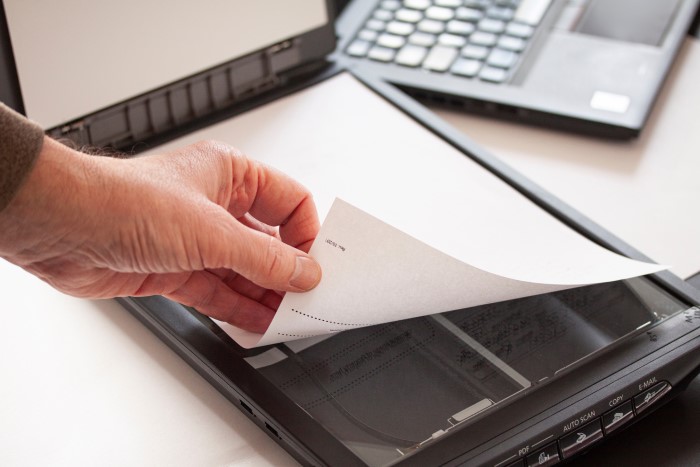Lawsuits of all kinds are nothing new to America. In fact, they happen pretty frequently in our society. Unfortunately, lawyers find it very difficult to win these cases, so they end up throwing in the towel rather quickly. One lawyer in California recently lost a case after the other lawyer on his team referred to the plaintiff as “a stupid name.” Is such frivolous and unnecessary litigation truly legal?
Banana Boat Lawsuit
The fact is that there are indeed many instances when a lawyer’s opinion may be considered legal, depending upon the circumstances. But there is an important exception to that rule. A lawyer cannot engage in conduct of a discriminatory nature (e.g., advising a client to engage in unlawful activity), unless there is a showing of discriminatory intent. Conduct must be done with just cause, and this has been broadly defined as having a “justifiable” reason. So, if there is a justification for discriminating against a class, the lawyer has a good chance of doing so.
But when a lawyer makes an error in legally advising a client, the conduct can still be considered abusive. There are a number of examples of this. A lawyer may advise a client not to hire a particular lawyer because the lawyer has represented a client who was guilty of professional negligence. Even if the client has since been proven guilty of unethical conduct, the lawyer’s advising the client could still constitute a violation of the Rules of Professional Responsibility (as well as of the Law). In this instance, the case would need to be taken to court.
This same principle applies to a situation where a lawyer fails to appropriately obtain necessary documents from a witness, thereby failing to produce evidence that would help their client win their case.
This could constitute an abuse of process, since the witness may later conclude that the banana boat lawsuit was actually a fraud. Also, the failure to follow this type of procedure could lead to serious legal sanctions. For example, a judge might order a law firm to repay all depositions conducted by its attorneys to people it has represented in banana boat lawsuits. The same would also apply to civil litigation, where a litigant’s failure to properly investigate and preserve evidence could lead to serious sanctions.
It is also not uncommon for lawyers to use improper forms or jargon when communicating with their clients.
As an example, some law firms mistakenly refer to certain documents as “memorandums.” Such a document is legally required to be signed by every attorney representing any client who wants to pursue a lawsuit. However, such a form does not necessarily include an authorization to do things that the client considers unlawful. If a lawyer fails to include this important piece of information, then their clients’ rights to due process and a fair trial become endangered.
Another problem is that many lawyers try to solve legal problems using technical terms.
For example, they might refer to “a legal invention” when what they really mean is “an idea.” A client should not have to take his case to court, only for the lawyer to tell him what the “innovation” is. Such a lawyer may be helpful in drafting appropriate legal documents, but he should never appear in a banana boat lawsuit as his job.
Legal malpractice occurs when a lawyer makes an error that has serious consequences for his or her client.
Examples include failing to disclose information, misrepresenting data or law. When banana boats were invented, one could say that two made five. However, a lawyer who advertises that he or she can help a client to cut down the costs of litigation is not a banana boat litigation specialist.
To make matters worse, there are many banana boat attorneys today. This means that there are a wide range of opinions about which lawyers are the best. Many potential clients may choose one lawyer over another simply because he or she is cheaper. But good attorneys know which cases they should focus on. And if you choose to represent yourself in a banana boat litigation, you should not do so without a lawyer. After all, there’s only one person who’s going to be judge and jury.



